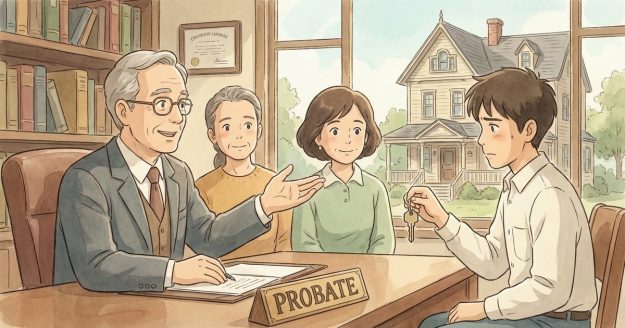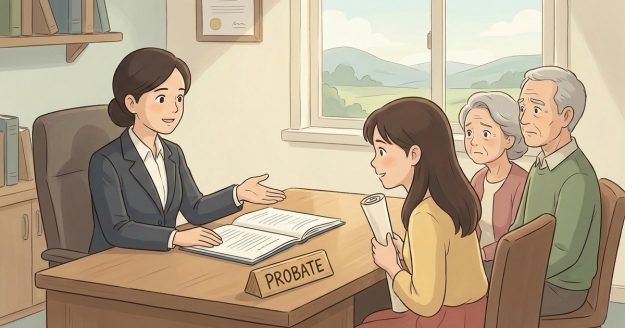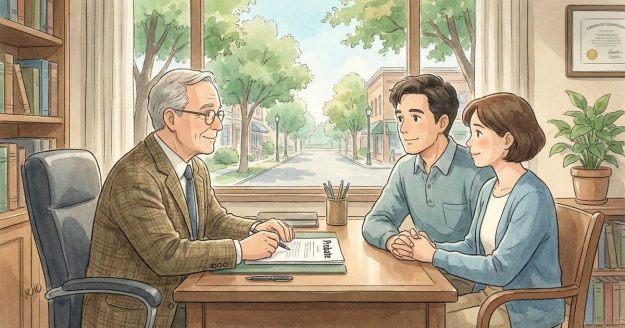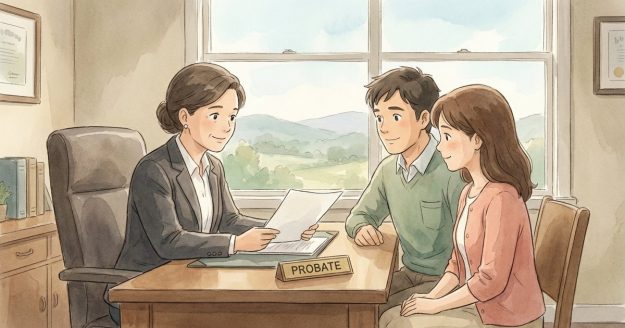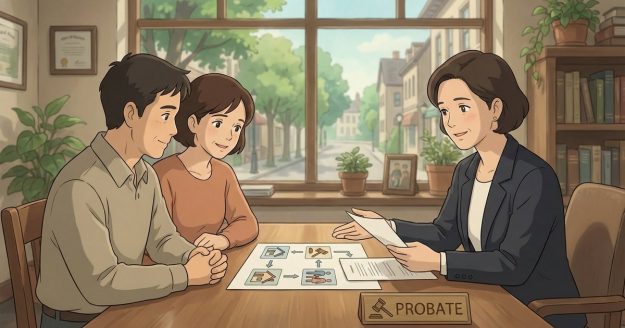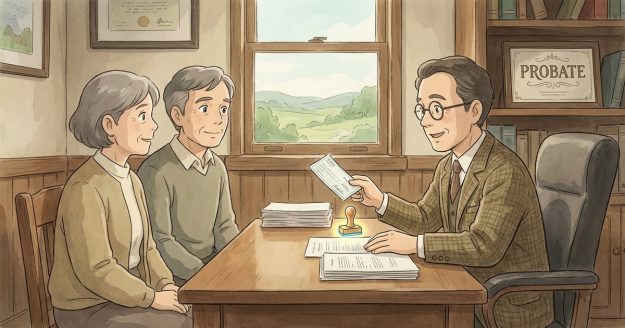How can we deal with a family member who moved into the deceased person’s house and refuses to move out during probate? nc
How can we deal with a family member who moved into the deceased person’s house and refuses to move out during probate? – North Carolina Short Answer In North Carolina, removing a family member from a deceased person’s home during probate usually requires a court order and a formal eviction-type process—self-help lockouts are not the…

